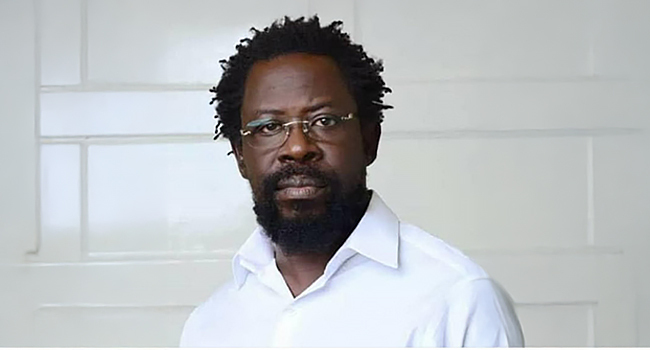
Assistant Superintendent of Police (ASP), Zyad Ibn Isah, has highlighted that the UK Metropolitan Police was not always the well-regarded institution it is today, recalling its troubled history during the 1960s, 1970s, and 1980s.
Isah’s remarks were in response to recent criticisms of the Nigerian Police by UK Conservative Party member Kemi Badenoch. Badenoch, during an interview with the US media outlet The Free Press, accused the Nigerian Police of corruption and harassment, alleging they often robbed citizens instead of protecting them.
Speaking via his social media account on Sunday, Isah countered Badenoch’s statements, pointing out that the UK police force itself had faced significant challenges and a tarnished reputation before undergoing substantial reforms.
“I would recommend David Rose’s In the Name of the Law to Kemi Badenoch. The truth is, the London Metropolitan Police was a mess in the 1960s, 1970s, and even the 1980s,” said the Abuja-based officer. “It was through various reforms and even a change of name that they became what they are today. If someone had asked a British citizen in the 1960s or 1970s whether they trusted the police, I doubt they would have said yes.”
Isah went on to emphasize the parallels between the UK police’s troubled past and the challenges faced by the Nigerian Police today, expressing optimism for reform and improvement. “The situation was that bad. Nigeria and its police force are not perfect—we know that. But we will rise from the ashes, just like the UK and its police force. Aunty Kemi should enjoy her new pastime of denigrating her fatherland while it lasts,” he added.
Badenoch had earlier described an incident in which the Nigerian Police allegedly robbed her brother of his shoes and watch, painting a grim picture of corruption within the force. “The police in Nigeria would rob us. The police stole my brother’s shoes and his watch. It’s a very poor country, so people do all sorts of things,” she said in the interview.
Badenoch contrasted this experience with her interactions with the British police, highlighting their professionalism and efficiency. “When I was burgled, for example, the police were there. They were helpful before they eventually caught the person. This was in 2004, 20 years ago,” she remarked.
Isah’s comments serve as a reminder of the transformative potential of reforms and the need for nuanced perspectives when discussing institutional challenges in different countries.







